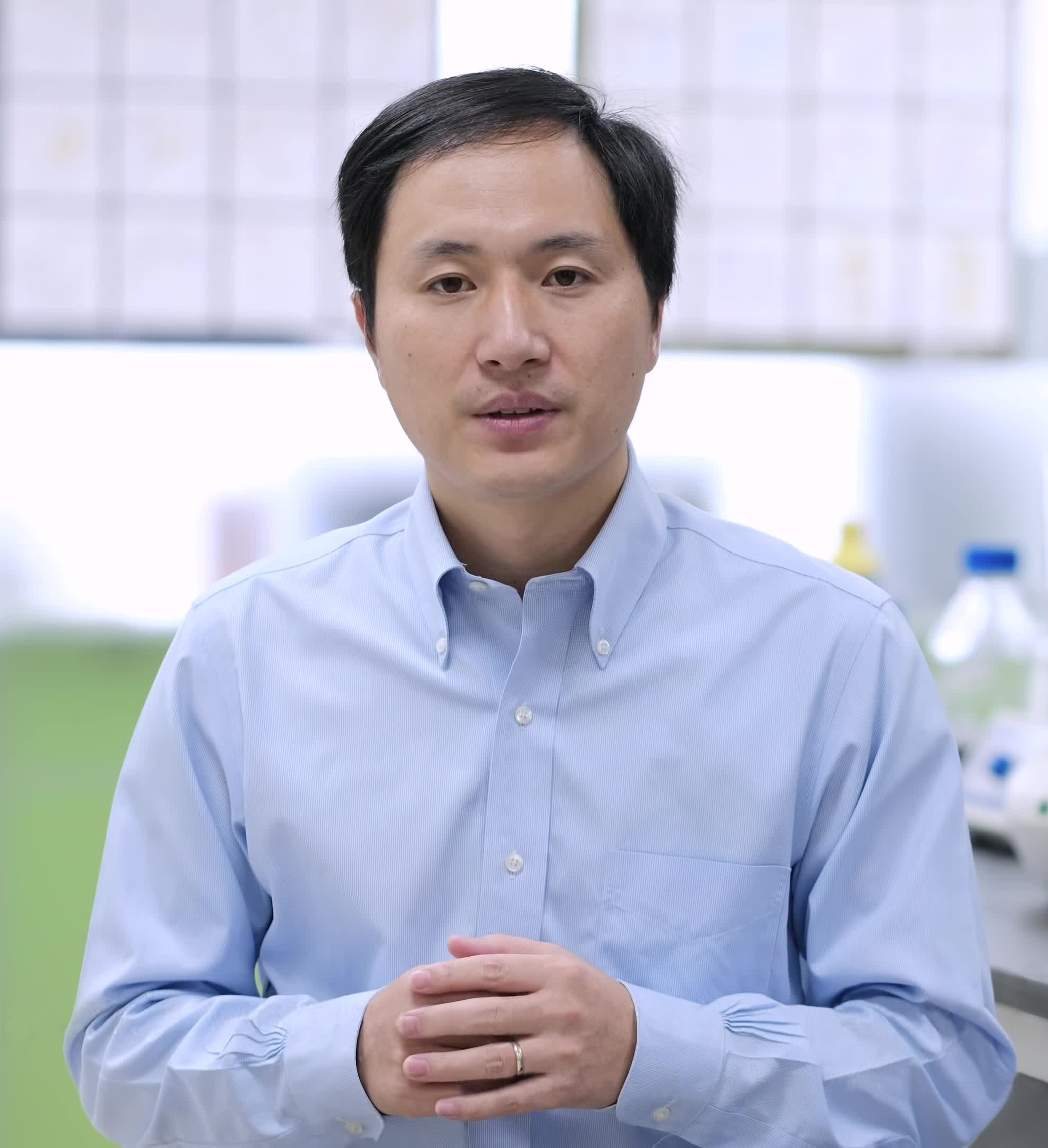Human Germline Editing Needs One Message
By Nature Editorial Board,
Nature
| 11. 20. 2019
A year ago this week, geneticist He Jiankui made the shocking announcement of the birth of twin girls in China whose genomes had been edited to prevent HIV infection. Undeterred by the global opprobrium heaped on He, Russia’s Denis Rebrikov told Nature last month about more experiments involving gene editing of human eggs, to help deaf couples give birth to children who would lack the genetic mutation carried by their parents that impairs hearing.
At the same time, every month seems to bring another gene-editing advance. The latest tool, a precision ‘search and replace’ technique called prime editing, was described in Nature last month by David Liu at the Broad Institute of MIT and Harvard in Cambridge, Massachusetts, and his colleagues (A. V. Anzalone et al. Nature http://doi.org/dczp; 2019). Randall Platt at the Swiss Federal Institute of Technology (ETH) in Basel called it a “giant leap” towards the goal of making specific changes to the blueprint of life.
The speed of technological advance, coupled with some scientists’ determination to press ahead with editing human germline cells — eggs, sperm and...
Related Articles
By Diaa Hadid and Shweta Desai, NPR | 01.29.2026
MUMBRA, India — The afternoon sun shines on the woman in a commuter-town café, highlighting her almond-shaped eyes and pale skin, a look often sought after by couples who need an egg to have a baby.
"I have good eggs,"...
By George Janes, BioNews | 01.12.2026
A heart attack patient has become the first person to be treated in a clinical trial of an experimental gene therapy, which aims to strengthen blood vessels after coronary bypass surgery.
Coronary artery bypass surgery is performed to treat...
By Staff, ScienceDaily | 01.05.2026
Scientists at UNSW Sydney have developed a new form of CRISPR technology that could make gene therapy safer while also resolving a decades-long debate about how genes are switched off. The research shows that small chemical markers attached to DNA
...
Following a long-standing CGS tradition, we present a selection of our favorite Biopolitical Times posts of the past year.
In 2025, we published up to four posts every month, written by 12 authors (staff, consultants and allies), some in collaboration and one simply credited to CGS.
These titles are presented in chronological order, except for three In Memoriam notices, which follow. Many more posts that are worth your time can be found in the archive. Scroll down and “VIEW...




